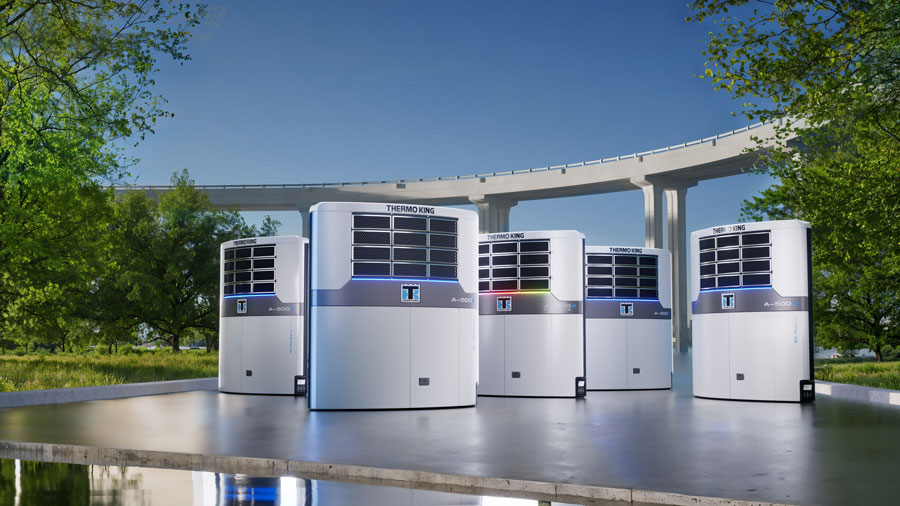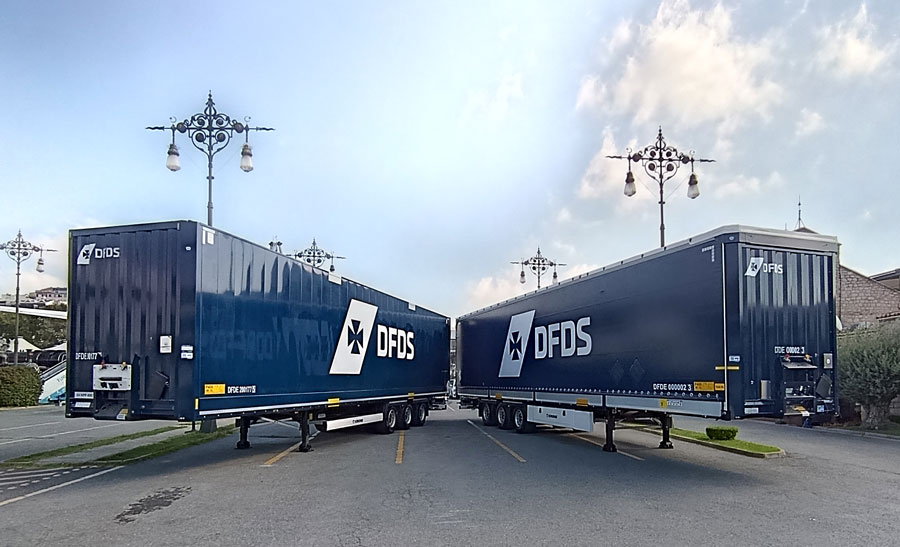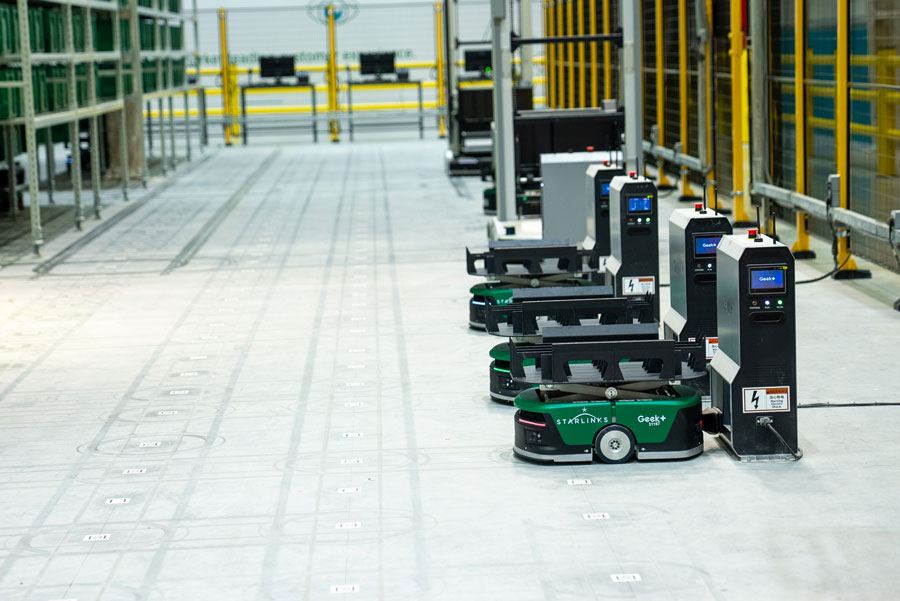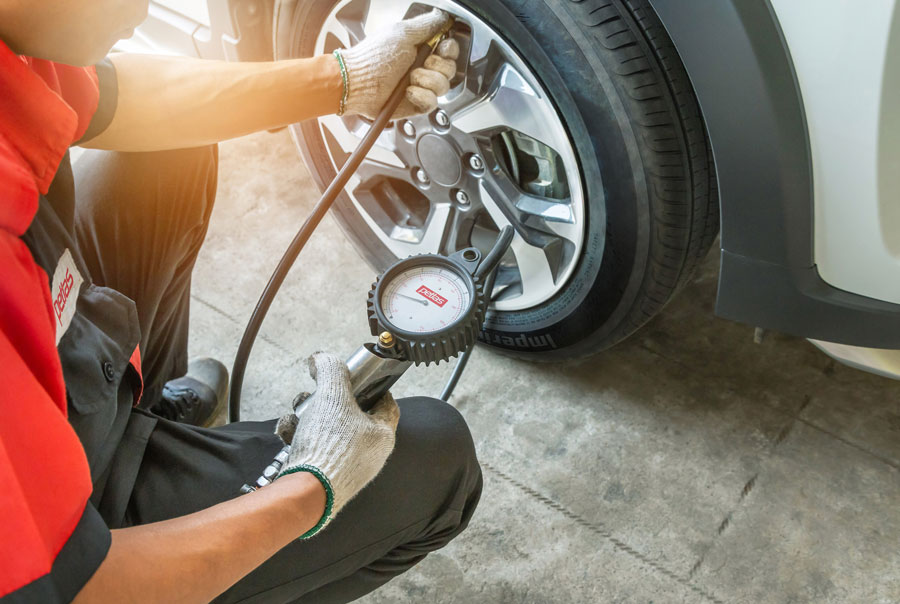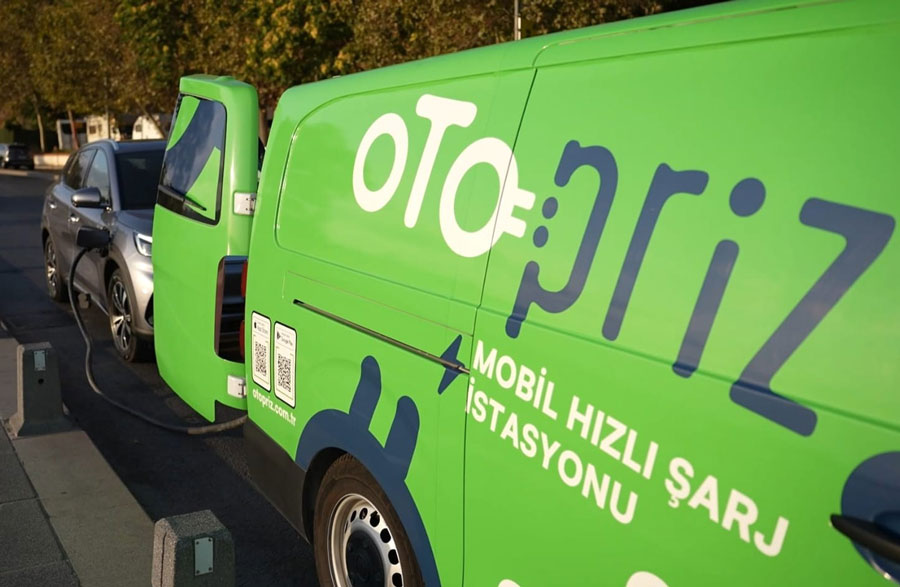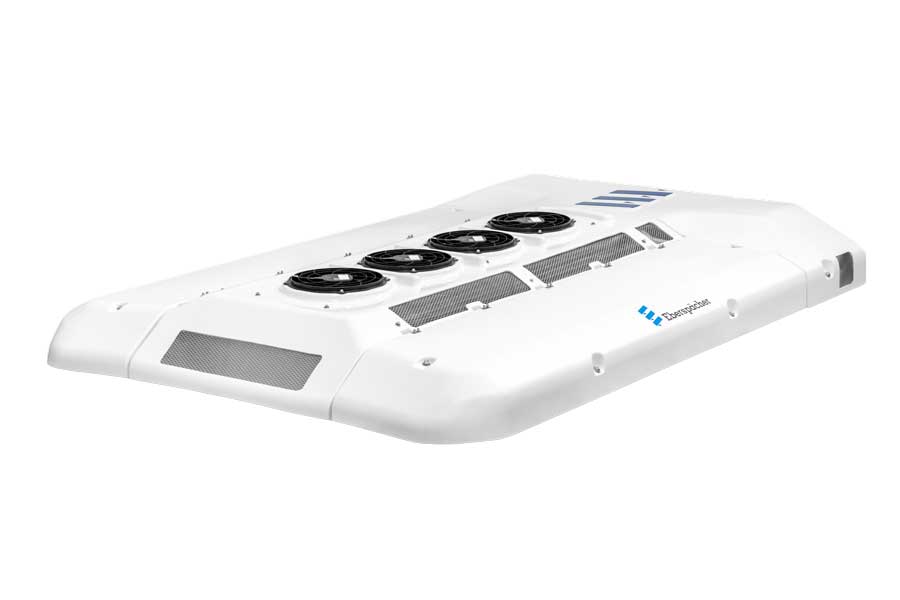
From October 4th to 9th, Eberspaecher will be presenting its new thermal management solutions for buses at Busworld Europe 2025 in Brussels. In Hall 3, Booth 316, the company will be exhibiting the AC138 EVO and the AC135 product family, air-conditioning systems for alternative drive technologies that utilize the natural refrigerant propane. The Hydro Control System and cloud-based services, such as e-connected, are also part of the portfolio.
Eberspaecher is continually developing its portfolio of air-conditioning systems for all drive types and the use of natural refrigerants. The series production of the AC138 EVO, which is used to air-condition the passenger compartments of city buses, has been underway since mid-2025. The all-electric platform, which uses CO2 as a refrigerant and features patented heat pump technology, boasts a simplified air circuit and a built-in energy recovery system. This enables it to achieve high energy efficiency while reducing weight.
The AC135 family has also been expanded to offer comprehensive solutions for buses of all sizes, in all climate zones, and with all drive concepts. The system has a cooling capacity ranging from 25 to 50 kW, and comes in both conventional and all-electric versions. All versions are characterized by their high energy efficiency, low weight, and compact design. There are already numerous versions available today, including systems for midibuses (25–27 kW), intercity buses and coaches (30–35 kW), and fully electric solutions (30–40 kW). Series production of additional high-performance models (40–50 kW) and all-electric heat pumps (30–40 kW), matched to global requirements, will follow halfway through 2026.
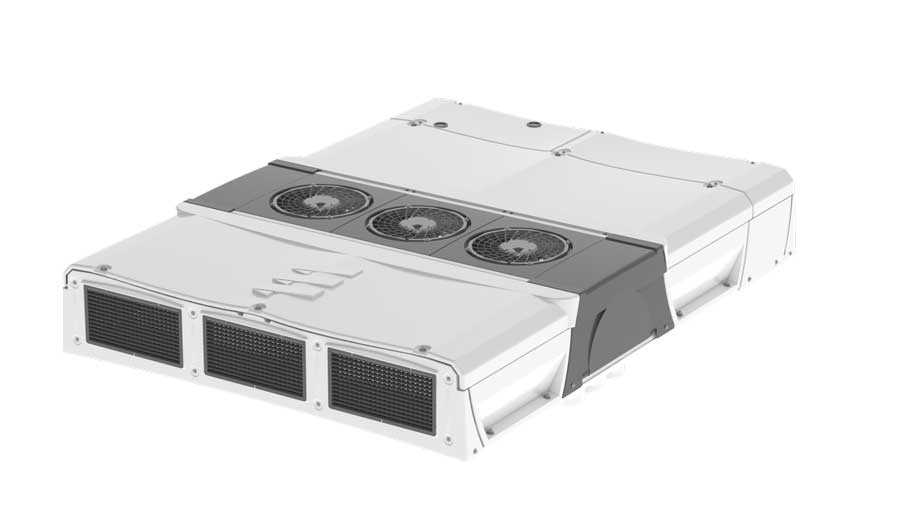
Climate-friendly refrigerants for reliable heating and cooling
The use of synthetic refrigerants in buses is facing growing regulatory pressure, particularly in Europe, due to their high potential to contribute to global warming and the presence of critical ingredients such as PFAS. Synthetic refrigerants are threatened with the possibility of becoming obsolete in Europe in the medium term due to the gradual reduction in available quantities worldwide and further restrictions on the use of PFAS, primarily by the EU. This is why, from 2026, the AC135 will also be available as a version that uses the natural refrigerant propane (R290).
Today, the AC138 EVO only uses the natural, climate-neutral refrigerant CO2 (R744). Despite its low global warming potential, CO2 is less productive at higher ambient temperatures. From 2026, the AC138 EVO will also be compatible with the natural refrigerant propane (R290) to guarantee stable cooling and heating output under these conditions. The world’s first system solution that enables the use of natural refrigerants in diesel buses will also be presented by Eberspaecher at the trade fair.

Efficient heat recovery
The new Hydro Control System (HCS), which is designed for centralized control of all thermal processes in the bus, will also be presented by Eberspaecher. In particular, the temperature of components such as the high-voltage battery and the engine-transmission combination must be kept within a certain range that optimizes efficiency. The HCS network is a modular solution that integrates these units with heating and cooling circuits, utilizing a purposeful collection of waste heat, and subsequently making it available to heating operations. This approach serves to reduce the load on the battery. It has been shown to reduce electrical energy consumption by up to 23 percent while simultaneously extending the operating scope of the bus. The compact solution can be seamlessly integrated into all bus types as well as adapted flexibly to different vehicle architectures.
Easy control and smart fleet services
The reliable E-Control module is the central operating element for all the bus’s thermal management components and allows the AC135 and AC138 EVO systems to be easily integrated into the e-connected digital service platform. A gateway in the vehicle transmits operating data to the cloud in real time, providing the foundation for a variety of data-based functions. The over-the-air updates are particularly noteworthy: Software updates can be carried out quickly and easily over a wireless connection, eliminating the need for a visit to the workshop. The system is supplemented by intelligent fault detection and usage-based maintenance schedule, as well as centralized fleet monitoring. This informs operators of the current system status at all times.


